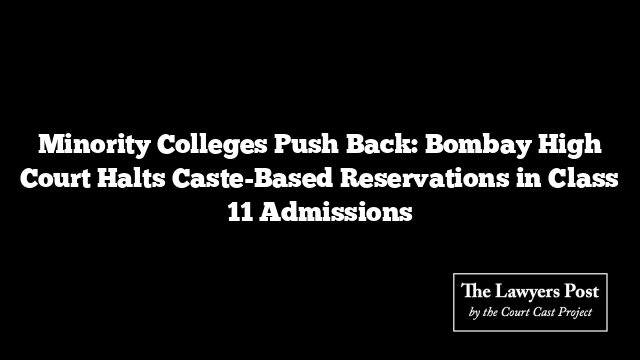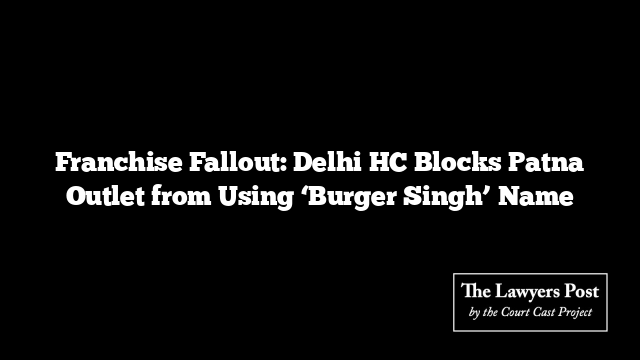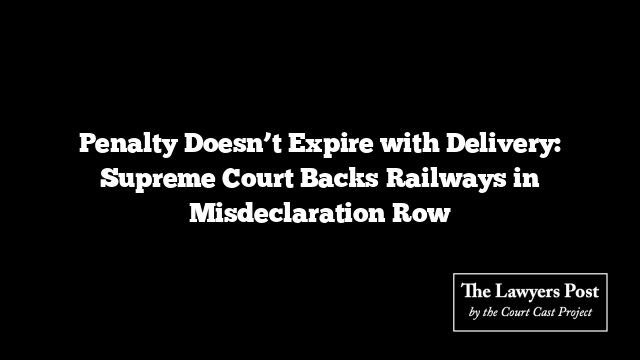The Bombay High Court has put a temporary freeze on the Maharashtra government’s decision to extend SC/ST/OBC reservations into minority-run junior colleges for Class 11 admissions—a move that has sparked a sharp legal tug-of-war between state policy and constitutional protection.
At the heart of the case lies Clause 11 of a Government Resolution issued on May 6 by the School Education Department. The clause attempted to rope in unfilled minority seats—after intra-minority allocation—into the centralized admission system, applying the usual social and parallel reservation norms.
That didn’t sit well with the Maharashtra Association of Minority Educational Institutions (MAMEI) and several heavyweight colleges including Jai Hind, KC, HR, and St. Xavier’s. Together, they marched to the High Court, branding the policy “arbitrary” and legally baseless.
Presiding over the challenge, Justices M.S. Karnik and N.R. Borkar drew parallels with an earlier judgment where similar reservation efforts by Mumbai University were struck down. Echoing that precedent, the Bench sided with the petitioners—at least for now.
“Prima facie, we find there is substance in the submissions advanced… the mandate of social reservation shall not be made applicable to any seats in minority educational institutions,” the Court declared in its interim order.
Traditionally, minority institutions in Maharashtra operate on a 50-45-5 formula: half the seats reserved for the respective minority community, 5% earmarked for management, and the remaining 45% offered to the general pool without reservation filters. This structure is now under threat, petitioners say, from a creeping inclusion of reserved categories into that 45%.
Senior Advocate Milind Sathe, speaking for the institutions, framed the issue as a constitutional breach—citing Articles 15(5) and 30, which shield minority-run institutions from state-imposed reservation schemes, whether they receive government aid or not.
Even unclaimed minority seats, Sathe argued, should revert to open merit—not be absorbed into a caste-based quota system.
The State, through Government Pleader Neha Bhide, painted a different picture. The clause wasn’t a rights invasion, she insisted. It merely ensured that no seat went to waste, and in fact, had been introduced at the request of the very institutions now protesting. “Social reservation is the obligation of the State,” she asserted.
The Court, however, wasn’t convinced—at least not yet. The May 6 clause has been put on ice, and the State has four weeks to respond. The next round in this high-stakes legal standoff is set for August 6.





